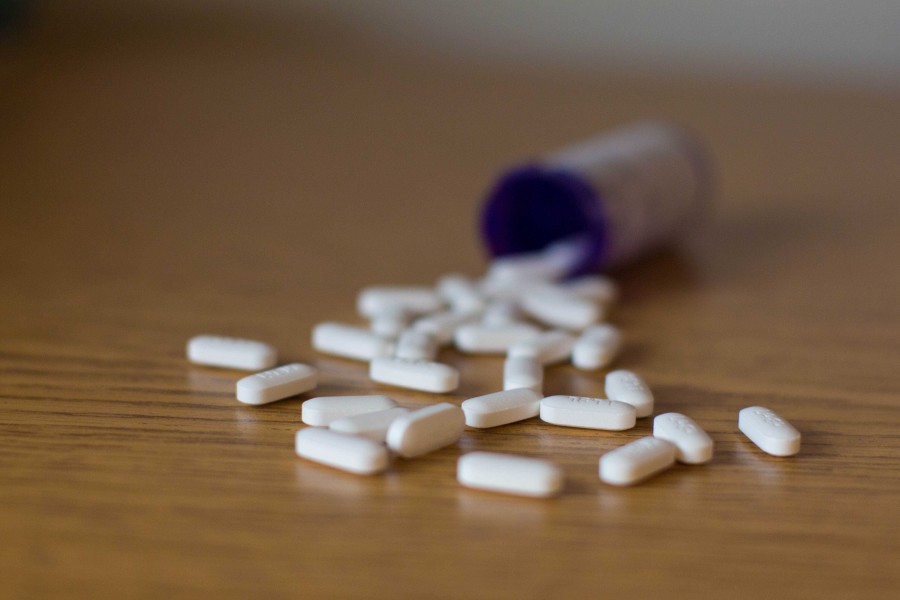CV arrests teach COE students lesson
CF high school teacher, Douglas Wilkinson, was recently arrested for stealing medicine. UNI students weighed in on the charges
Mar 7, 2016
College of Education (COE) students got a glimpse into the future public scrutiny that could await them in the firld. Two local educators — Cedar Falls High School teacher Douglas Wilkinson and Kingsley Elementrary School principal Amber Dietz were recently arrested. Wilkinson was charged with prescription drug theft, while Dietz was chargd with an OWI.
These cases have raised questions for both students and faculty around the UNI campus, particularly for education majors who have to prepare themselves for a future of legal and ethical teaching and faculty members of UNI’s COE.
Some students were personally impacted by these cases, as many education majors either student teach or observe at Cedar Falls or Waterloo schools.
Junior elementary and early childhood education major, Jamie McCarty had Wilkinson as a teacher when she attended Cedar Falls High School.
“It’s sad because he was actually my favorite teacher,” McCarty said. “People are always going through their own struggles, but teachers will always be in the spotlight.”
Is it fair that teachers are held to higher expectations and more publicly scrutinized when they break the law? McCarty says yes and no.
“Do teachers deserve to receive more judgement? Not at all,” McCarty said. “However, teachers are the people who we trust with our children every day. We expect them to be good role models and to always do the right thing, just like we hope our children will do. Naturally, we are going to hold our teachers to higher standards than anyone else.”
James Cryer, coordinator of elementary education at UNI, also believes that teachers should be held accountable for their actions if they break the law and should be held to higher expectations.
“Public school employees are role models to children and youth,” Cryer said. “This position is an honor and privilege and does come with higher levels of responsibility than most professions.”
McCarty also discussed the need to watch what one says and does as a teacher. She said that one of her education professors had recently presented a lecture on what not to say to future students, as well as related issues, such as what not to post on social media.
“Basically, if you feel that you can say it to your grandma and your five-year-old nephew, you should be safe,” McCarty said.
Cryer said that education majors should be advised to follow the “Code of Professional Conduct and Ethics” set up by the Iowa Board of Educational Examiners. This code includes abiding to state and local laws.
One of the biggest questions that has been raised is whether the illegal behaviors of teachers, principals and all others who work with children is excusable.
Freshman social science major, Mady Sheets, said that, although teachers are human and accidents happen, their actions will still impact children, whether positive or negative.
“People are people and they are going to make mistakes, but if you’re working in a setting with adolescents and teenagers who are going out into the real world, you need to watch what kind of image you’re producing for them,” Sheets said.
Sheets does not, however, think these specific cases are leaving a bad taste in people’s mouths about teachers, especially about those in the local community.
“This kind of thing could happen to anyone,” Sheets said. “It coincidentally happened to be two school figures in the Waterloo-Cedar Falls area who got into legal trouble. It happens.”








